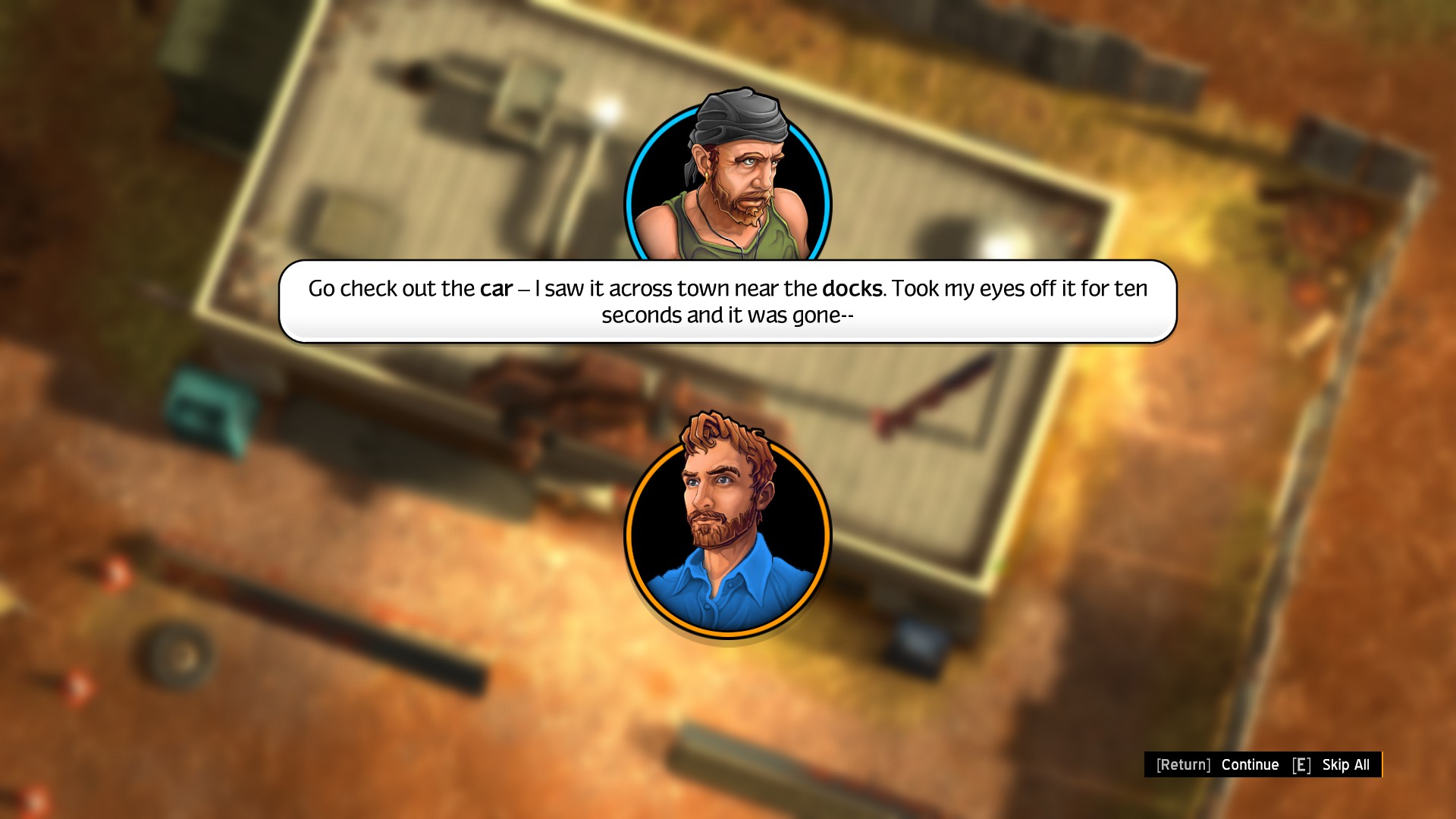Story Depth: Rich Lore or Surface-Level?
Introduction
In storytelling, depth plays a crucial role in shaping a narrative’s impact. Some stories thrive on intricate lore, meticulously crafted worlds, and complex character arcs, while others rely on simplicity, focusing on immediate emotional engagement. The debate between rich lore and surface-level storytelling is ongoing—does a story need deep world-building to be compelling, or can minimalism be just as effective?
This article explores the strengths and weaknesses of both approaches, examining how different mediums (books, films, games) utilize depth, and why some audiences prefer one over the other.
The Appeal of Rich Lore
1. Immersive World-Building
Stories with deep lore create expansive universes that captivate audiences. Works like The Lord of the Rings, A Song of Ice and Fire (Game of Thrones), and The Elder Scrolls series thrive on intricate histories, cultures, and mythologies.
- Example: Tolkien’s Middle-earth includes detailed languages, genealogies, and historical events, making it feel alive.
- Effect: Readers and players invest more time, forming emotional connections with the world.
2. Long-Term Engagement
Rich lore encourages fan theories, extended discussions, and repeated consumption.
- Example: Dark Souls games use environmental storytelling—players piece together lore from item descriptions and subtle clues.
- Effect: This fosters a dedicated fanbase that enjoys uncovering hidden meanings.
3. Character Depth
Complex backstories and motivations make characters more relatable.
- Example: Breaking Bad’s Walter White evolves from a sympathetic teacher to a ruthless criminal, with each decision rooted in his past.
- Effect: Audiences analyze his psychology, leading to deeper discussions.
Potential Downsides
- Overwhelming Complexity: Some viewers may find excessive lore confusing (e.g., Dune’s political intricacies).
- Slow Pacing: Deep world-building can slow narrative momentum.
The Power of Surface-Level Storytelling
1. Accessibility & Immediate Impact
Not every story needs deep lore to be effective. Some rely on emotional simplicity and universal themes.
- Example: Pixar’s Up conveys profound emotions in its opening montage without extensive backstory.
- Effect: It resonates instantly with audiences of all ages.
2. Focus on Themes & Atmosphere
Minimalist stories often emphasize mood and symbolism over intricate plots.
- Example: The Road by Cormac McCarthy uses sparse dialogue and vague world details to amplify its bleak tone.
- Effect: The lack of exposition enhances the emotional weight.
3. Faster Pacing & Wider Appeal
Surface-level stories are easier to digest, making them ideal for casual audiences.

- Example: John Wick prioritizes action over deep lore—its world is intriguing but not overly explained.
- Effect: It appeals to viewers who want thrilling entertainment without heavy exposition.
Potential Downsides
- Lack of Replay Value: Without deeper layers, some stories may feel forgettable.
- Shallow Characters: Underdeveloped protagonists can weaken engagement.
Medium Matters: How Depth Varies Across Storytelling Forms
1. Books & Long-Form Media
- Strengths: Novels and TV series have time to develop lore (e.g., The Wheel of Time).
- Weaknesses: Risk of bloated exposition (e.g., excessive info-dumping).
2. Films & Short Stories
- Strengths: Concise, impactful storytelling (e.g., Parasite).
- Weaknesses: Limited time for deep world-building.
3. Video Games
- Strengths: Interactive lore (e.g., The Witcher 3’s books and side quests enrich the world).
- Weaknesses: Poorly integrated lore can feel like homework (e.g., excessive codex entries).
Audience Preferences: Why Some Prefer Depth, Others Don’t
1. The Lore Enthusiasts
- Enjoy analyzing details, theorizing, and exploring expanded universes.
- Common in fantasy/sci-fi fandoms (e.g., Star Wars extended lore).
2. The Casual Consumers
- Prefer straightforward, emotionally driven narratives.
- Common in mainstream films and episodic TV.
3. The Balanced Approach
- Some stories blend both (e.g., Avatar: The Last Airbender—rich lore but digestible for casual viewers).
Conclusion: Which is Better?
Neither rich lore nor surface-level storytelling is inherently superior—both serve different purposes.
- Choose depth if you want long-term engagement, replay value, and a devoted fanbase.
- Choose simplicity if you aim for broad accessibility and emotional immediacy.
The best stories often find a balance, offering enough depth to intrigue without overwhelming the audience. Whether a tale thrives on intricate world-building or minimalist elegance, what matters most is how well it resonates with its intended audience.
Final Thoughts:
What do you prefer—deep, expansive lore or simple, impactful storytelling? The answer may depend on the story, the medium, and most importantly, you.
Tags: #Storytelling #WorldBuilding #Lore #WritingTips #NarrativeDepth #FilmAnalysis #Literature #Gaming


















